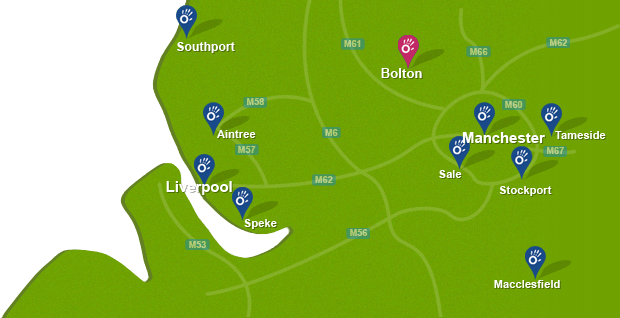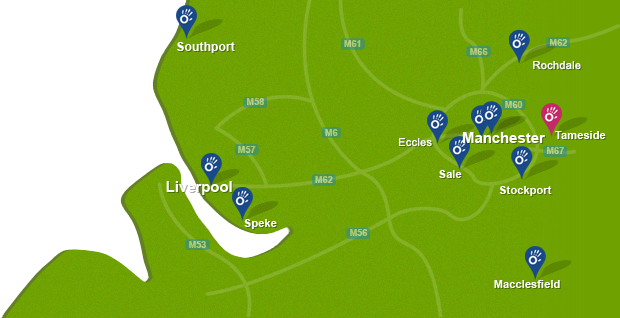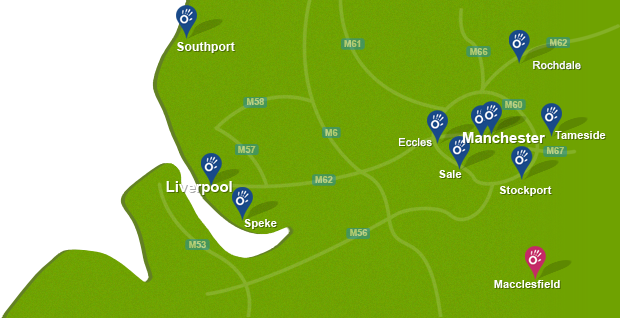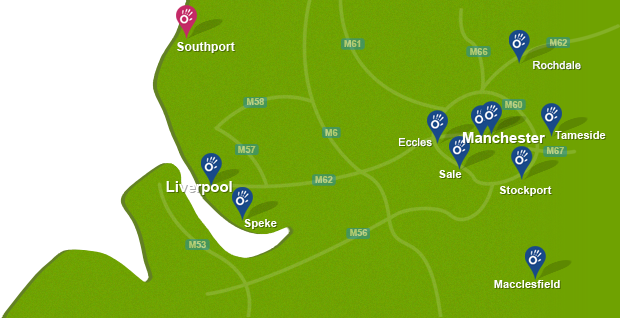Massage aids relaxation by soothing soft tissues and decreasing muscle tone. Muscle tone is the state of tension in the muscle at rest. Decreased muscle tone is reduced tension in the muscles when at rest and may have a feeling of relaxation.
Massage has both physiological and emotional responses. A physiological response to massage is the effect it has on the musculoskeletal system. An emotional response to a relaxing massage is the feeling of relaxation and a sense of calmness. Massage relaxes the body by increasing blood circulation and releasing endorphins. Endorphins are released from the brain that produces a feeling of happiness and well-being. Massage therapists at Manchester Physio provide massage therapy services to provide relaxation as part of a treatment.
 Above: Soft Tissue Massage targeting latissimus dorsi muscle
Above: Soft Tissue Massage targeting latissimus dorsi muscleWhen can massage be used for relaxation?
A relaxing massage can be used for many circumstances. These circumstances include:
- Increased muscle tone
- High stress levels
- Chronic pain
A relaxing massage can be used for people with increased muscle tone. Increased muscle tone is where there are high levels of tension in the muscle at rest. Increased muscle tone can feel tight and tense. Tight muscles produce less movement and restrict blood flow. Massage helps reduce increased muscle tone by increasing blood circulation and releasing knots and congestion. Massage reduces increased muscle tone by increasing blood circulation to the muscles. More blood circulation in the muscles increases temperature and allows the muscles to relax. Massage also helps to reduce increased muscle tone by relieving congestion and knots in the muscles. Increased temperature relaxes muscles so tension is released. Massage treats muscle tissue directly and assists in breaking down knots, relaxing the muscle and easing muscle tension. Knots are formed due to a build-up of tension and waste products.
Massage is an effective treatment to reduce high stress levels. Massage uses a combination of techniques to soothe and relax the body emotionally. Massage helps increase circulation, releasing muscle tension. Relieving tense muscles and reducing physical symptoms of stress can help calm the body and improve mood. Massage triggers the body to release hormones that encourage relaxation. Endorphins, serotonin and dopamine decrease the stress hormone.

Massage helps reduce chronic pain. Massage helps reduce chronic pain by interfering with the ain pathways and release hormone- like substances that function as a natural painkiller. Massage interrupts pain signals by sending other messages to the brain. Pain signals do not reach the brain and so the feeling of pain is reduced. Massage also helps treat chronic pain by increasing the release of endorphins in the body. The endorphin produced can work so powerful that they manage to mask pain. Anxiety and stress related to chronic pain can also be relieved through massage. Massage aims to relax the body and muscles, increasing blood and lymph flow and improving general mood.
 Above: Soft Tissue Joint Massage, patellar mobilisations
Above: Soft Tissue Joint Massage, patellar mobilisationsHow does massage help relaxation?
Massage helps relaxation in many ways. Massage helps the body to relax physiologically and emotionally.
Massage helps the body to relax physiologically by increasing temperature of the soft tissues, reducing tension and decreasing pain.
Massage has a physiological effect on the body by increasing temperature of the soft tissues. Massage increases temperature by stimulating friction to an area of the body. Friction increases capiliarisation and vasodilation in the blood flow. Capilliarisation and vasodiliation is the increase of number and size of blood cells. Increased temperature allows the muscles to relax and muscle fibres to loosen and expand.
Massage helps the body to reduce tension in the muscles. Tension can be built up in the muscles due to stress, injury or physical activity. A build up of tension results in a higher muscle tone. Muscle tone is the level of contraction of the muscles while they are at rest. High muscle tone can feel tight and cause pain. Sports massage reduces high muscle tone by stimulating the blood flow, increasing temperature and allowing muscles to relax.
Massage also has a physiological effect on the body by facilitating pain relief. Massage works to manage and control pain in a number of ways. The touch of massage to a painful area interferes with pain signal pathways to the brain so pain signals can not be registered. Massages also decrease pain by releasing different hormones in the body. A number of different hormones are released called endorphins, serotonin and dopamines. Endorphins, serotonin and dopamines can work so powerful that they manage to mask pain.
Massage helps the body to relax emotionally by reducing stress levels and releasing feel good hormones.
Massage helps to reduce stress by triggering the body's relaxation response. The light pressure of massage stimulates the parasympathetic nervous system. The parasympathetic nervous system works to regulate the body back to a relaxed state after emotions such as stress or anxiety. Massage produces a feeling of calmness and a sense of well being.
Massage also has an emotional effect by releasing feel good hormones. Hormones such as, endorphins, serotonin and dopamine are released from the brain improving mood and increasing a sense of well-being. The release of serotonin can help reduce depression, stress and anxiety. Massage also increases the temperature of the skin and increases capillarisation. Capillarisation is the increased amount of capillaries in the blood which then increases more cellular exchange. Cellular exchange allows more oxygen and nutrients in the muscles. An increase of temperature and blood flow stimulates a deep relaxation response in the body. The relaxation response slows respiration down and decreases the heart rate allowing the body and muscles to relax. Relaxation from a massage treatment can prevent tension that contributes to soft tissues problems in the future.
What are the benefits of receiving a massage for relaxation?
Massage for relaxation has many benefits. The benefits of massage for relaxation include: A relaxing massage has many benefits. The benefits of massage are pain relief, muscular relaxation, reduced tension and reduced stress.
A relaxation massage can help manage and control pain. Massage helps relieve and reduce pain by interfering with the body's pain signal pathways, releasing endorphins and providing deep relaxation.
Massage helps muscles to relax. Massage helps muscles to relax by increasing temperature and blood circulation. Friction across the skin causes an increase of number of blood cells causing increased temperature. The increase of blood flow in muscles relieves tightness and allows muscles to relax. When muscles are in a relaxed state they are prevented from tension and pain.
A relaxation massage can beneficial to the release of muscular tension. Muscle tension can be the result of physiological stress, exercise and injury. Massage stimulates the muscle increasing blood circulation to an area, relieving pain and allowing an increase in flexibility. Massage also can help prevent injuries occurring by relaxing the muscles. Massage can stretch tight muscles and help restore flexibility allowing more movement. An increase of range of movement in the muscles decreases the chance of injury.
Receiving a massage can also reduce stress levels. Massage stimulates the parasympathetic nervous system. The parasympathetic nervous system is responsible to return the body back to a balance state after experiencing pain or stress.
 Above: Soft tissue massage of biceps brachii muscle
Above: Soft tissue massage of biceps brachii muscleSummary
The immediate effect of massage is relaxation. Relaxing the body has many benefits. Massage can stimulate the release of endorphins in the body producing a sense of well-being and calmness. Massage also helps muscles to relax, reducing tension, decreasing pain and reducing risk of injury. Massage therapists at Manchester Physio provide massage therapy services to provide relaxation as part of a treatment.
How can I arrange a massage for relaxation?
To arrange a relaxation massage at Manchester Physio, email us at office@manchesterphysio.co.uk or call 0161 883 0077.


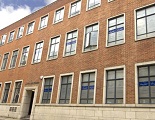
 0800 033 7800
0800 033 7800







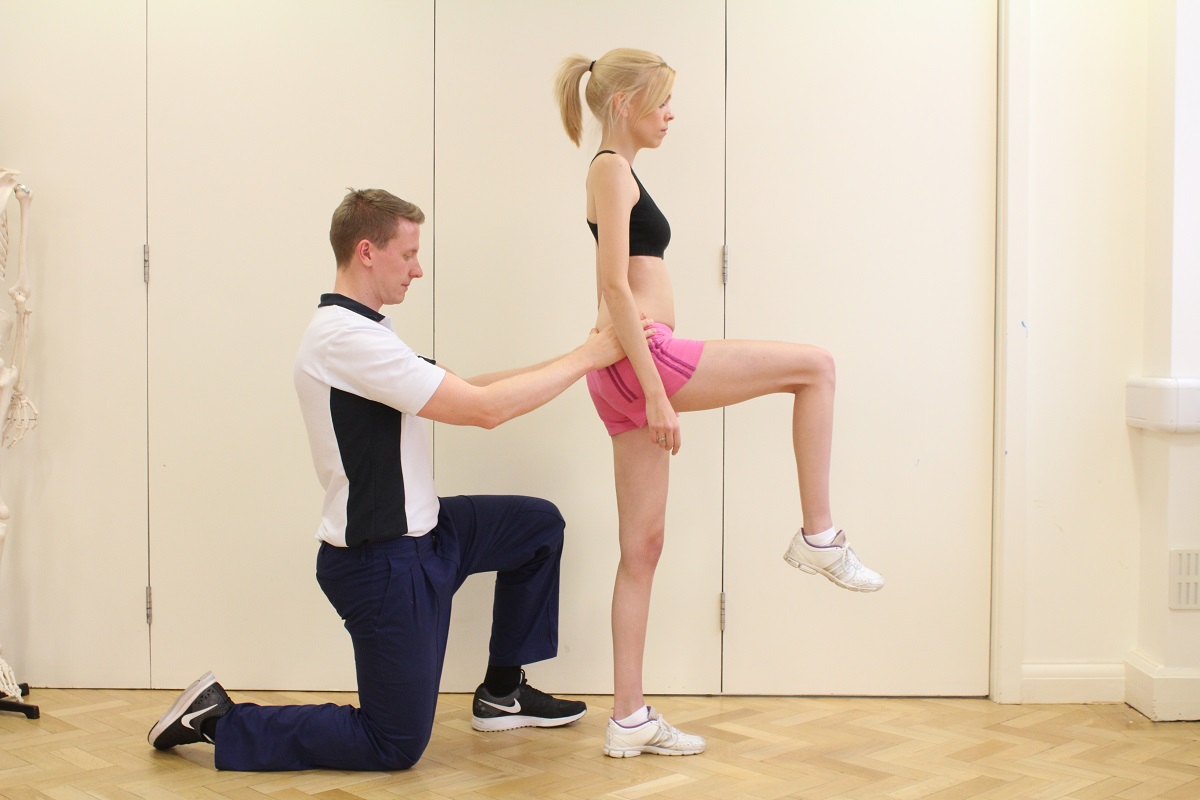
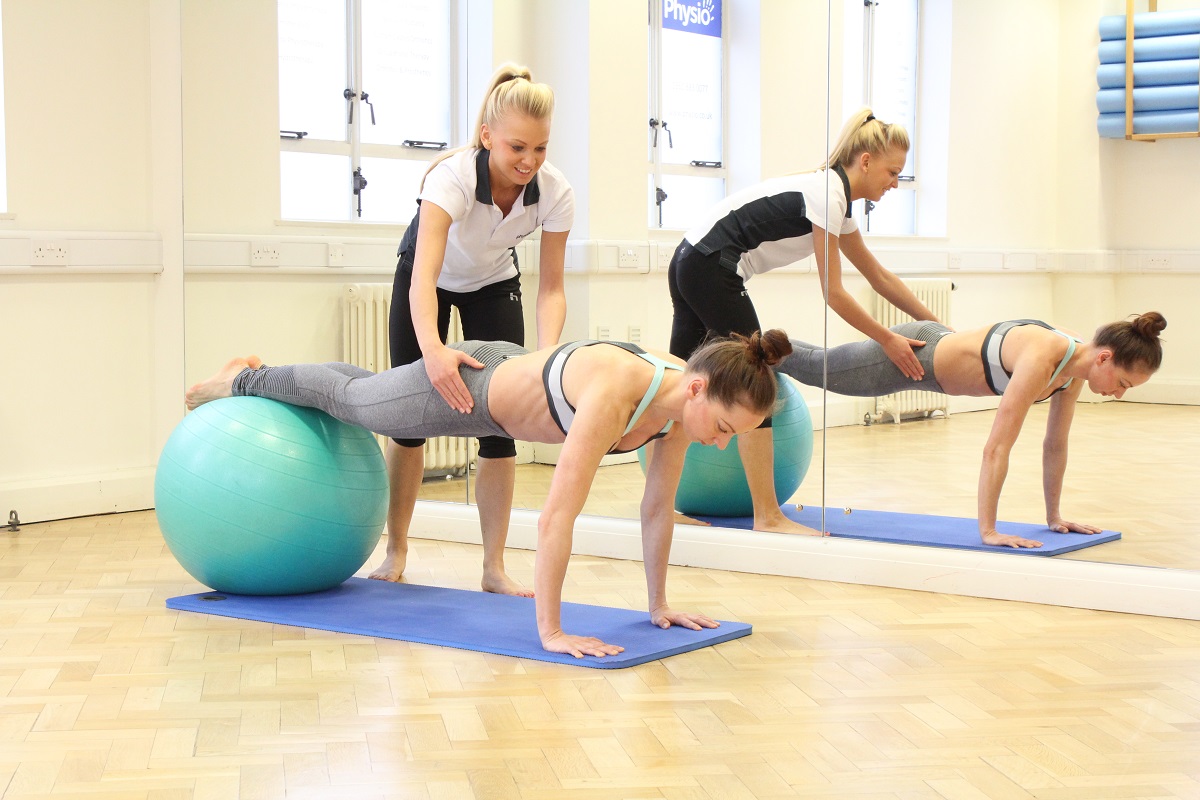
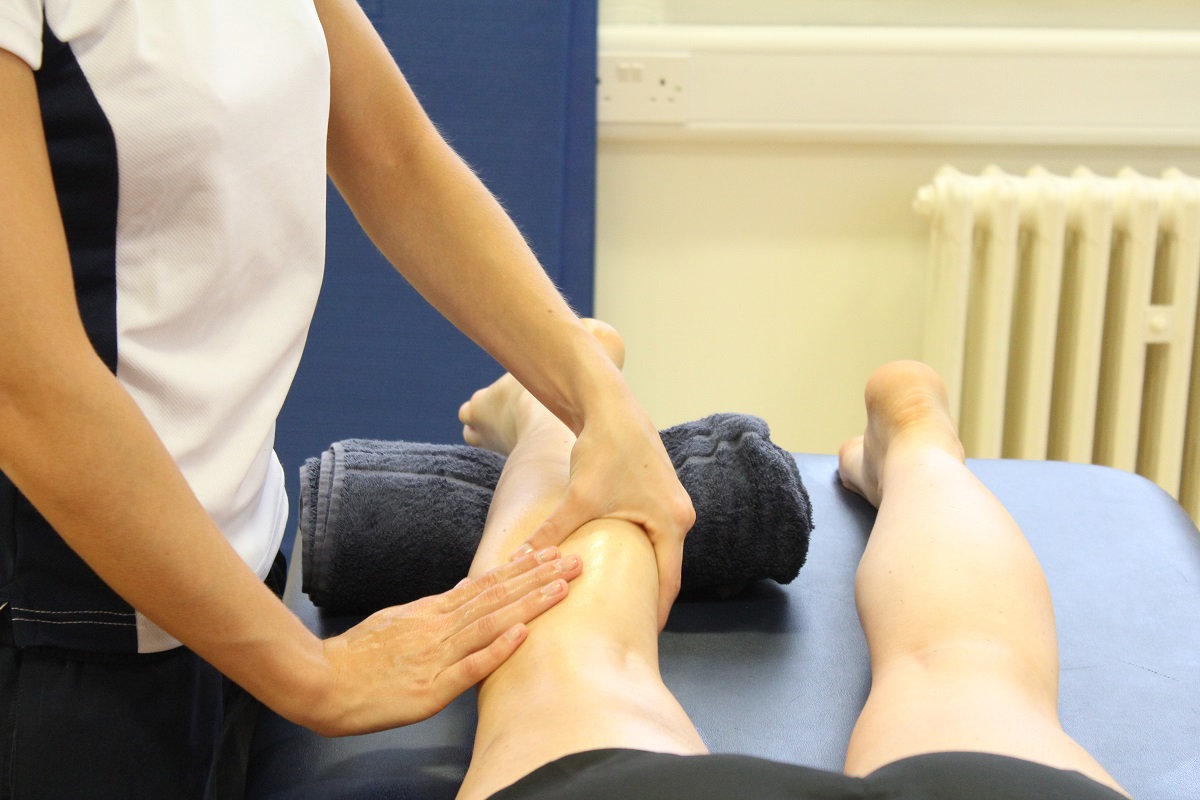
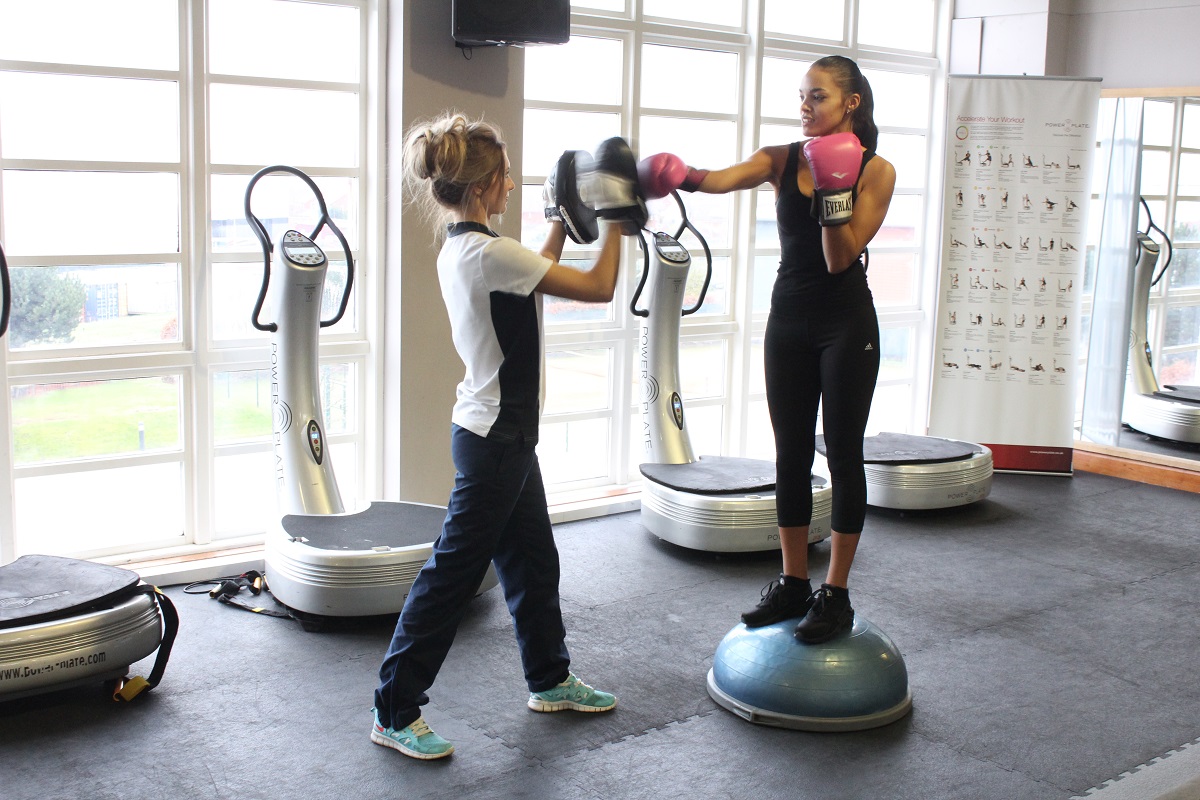


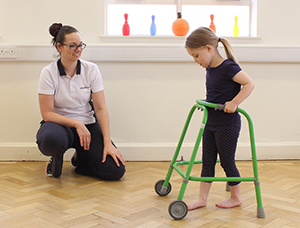
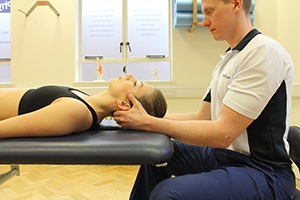
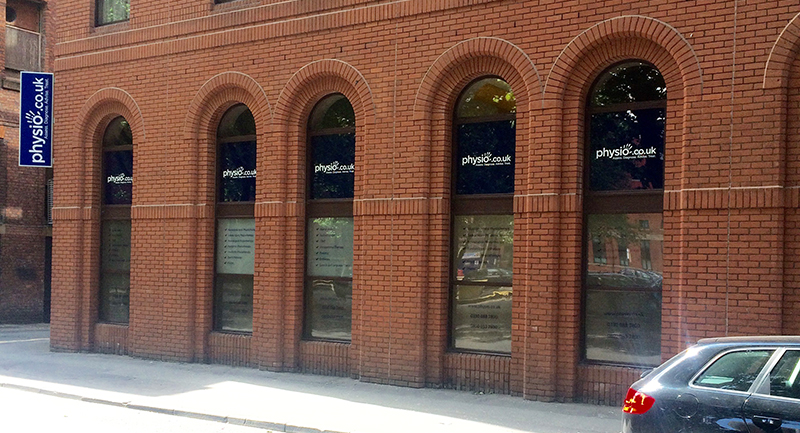
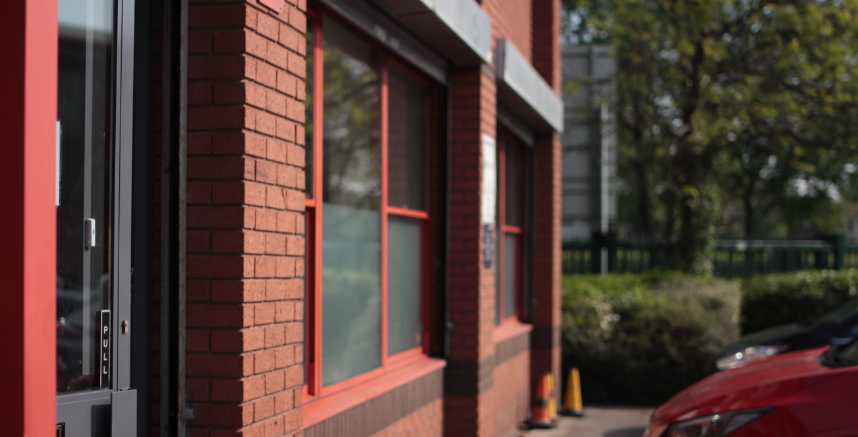































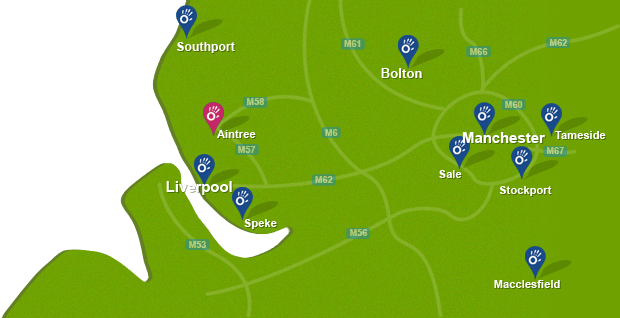

 f
f
